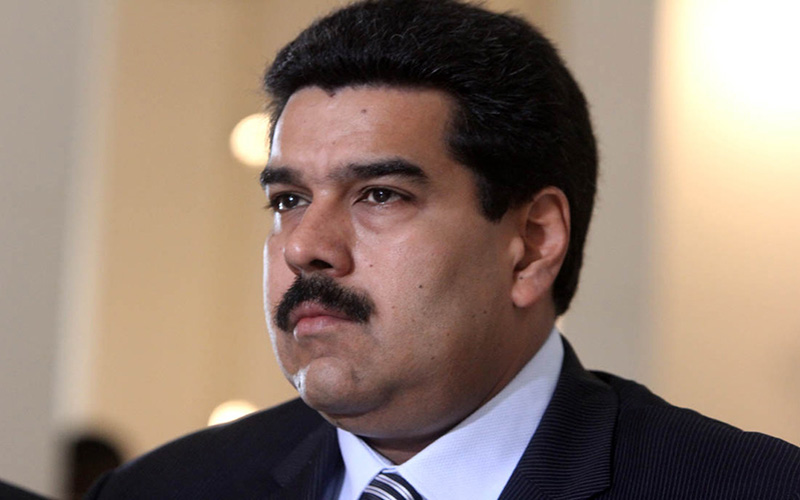PHOENIX – Until recently, President Donald Trump’s travel bans included countries where primarily the Muslim religion was dominant. That changed, however, over the weekend, when he included two new countries: North Korea and Venezuela.
“Making America safe is my number one priority,” Trump said in a tweet on Sunday. “We will not admit those into our countries we cannot safely vet.”
Making America Safe is my number one priority. We will not admit those into our country we cannot safely vet.https://t.co/KJ886okyfC
— Donald J. Trump (@realDonaldTrump) September 24, 2017
Venezuela now holds the distinction of being the first Latin American country to be included on the travel ban list. Specifically, the ban prohibits the entrance of Venezuelan government officials and their families into the Unites States.
Cronkite News reached out to the Venezuelan community in the Valley on Tuesday for their reaction.
Jose Ferrero, a systems engineer, came to the United States from Venezuela 17 years ago. He said many of the other Venezuelan immigrants he’s spoken to said they supported the ban on officials, but still expressed concern this could lead to a wider and far reaching ban in the future.
“That’s the worry that everybody has right now, this could be the starting point of grander measures not only for government officials but also for regular citizens,” Ferrero said.
“And even though the travel ban is very clear, it leaves open to additional vetting for people coming to the United States from Venezuela,” he said.
While relations between the U.S. and Venezuela have been strained for years, the rhetoric exchanged between Trump and Venezuelan President Nicolas Maduro has recently intensified.
During the recent United Nations General Assembly, Trump openly expressed his opinions and dissatisfaction in regards to Maduro and his leadership in Venezuela, urging to restore “democracy and political freedoms.”
Maduro, for his part, responded with calling Trump, “the new Hitler of international politics.”
Ferrero said all he and his fellow Venezuelans can do right now is wait and see what the next move will be.
“Venezuela is in a deep humanitarian crisis, there is no medicine, no justice and no civil liberties,” he said.
